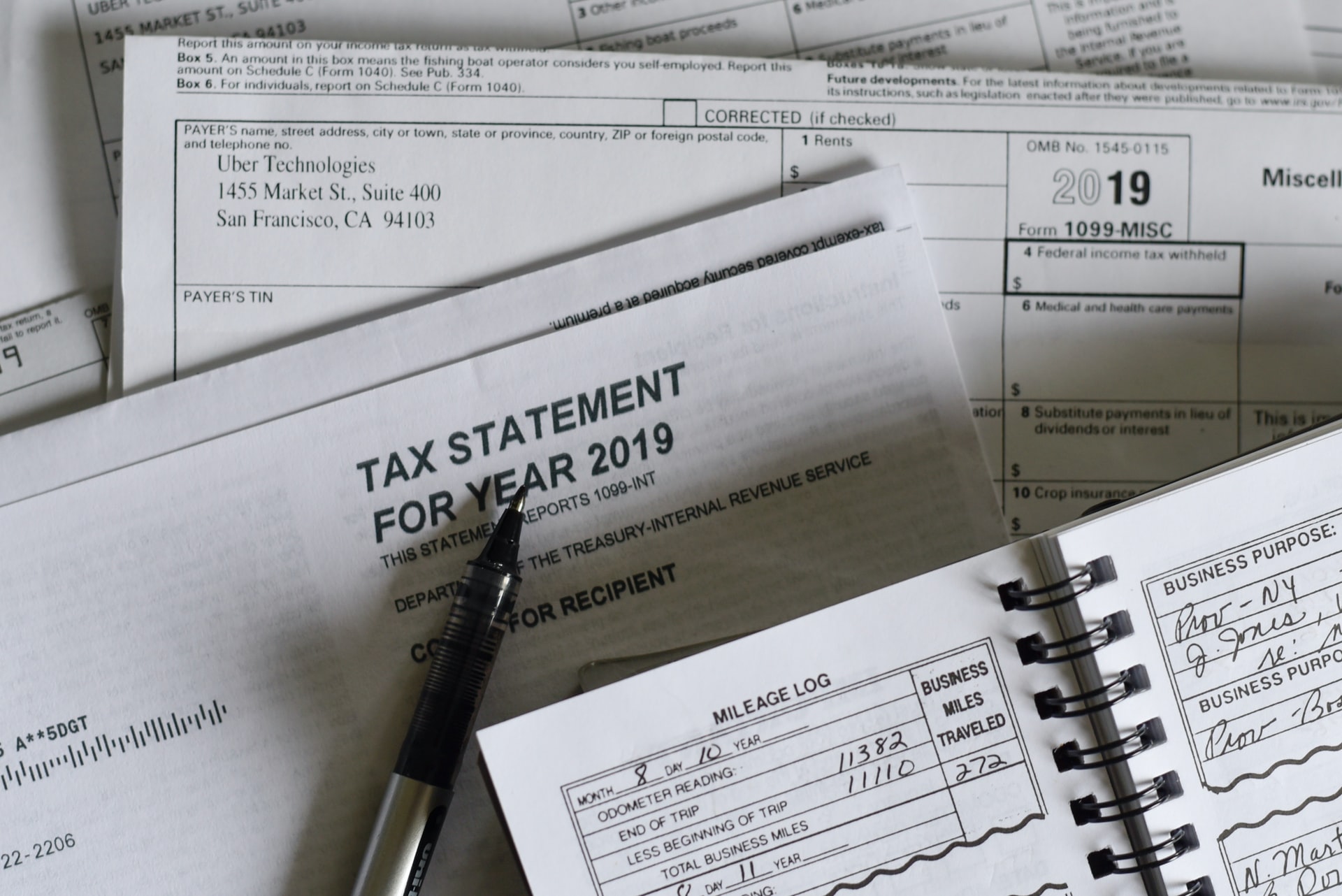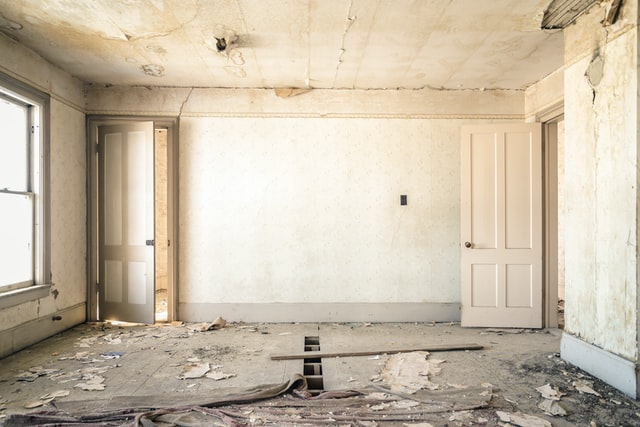Left unanswered, a tax lien can lead to the government seizing your home. Luckily, you can learn how to remove a tax lien on a house and alleviate financial stress.
Tax liens can make it difficult to obtain credit or relocate. If you own property with a tax lien, it’s important to understand it and how you can resolve it.
What is a Tax Lien?
A tax lien is the right to keep possession of property belonging to another person until the property owner repays a debt in full. There are two types of liens: voluntary and involuntary. In a voluntary lien, such as a mortgage, the property owner enters the legal arrangement willingly. In contrast, stakeholders place an involuntary lien on properties to protect unpaid obligations. The most common involuntary lien is a tax lien.
A tax lien is a claim on your property initiated by the government. They place this lien because there is a tax debt that must be paid by the property owner. Tax liens stay in place until the tax debt is paid. As long as a tax lien exists on your property, the taxing authority has the power to take your property away if you fail to pay the tax.
Tax liens are triggered automatically when the property owner does not pay certain taxes, such as income or property taxes, by a set date. The state or federal government can issue tax liens.
A tax lien is attached to the house, and the state or the county can eventually foreclose on the house if the taxes remain unpaid. Even if the bank forecloses, the tax lien stays on the house.
How Can a Tax Lien Affect Me?
If your property has a tax lien on it, it means you have an outstanding debt. If you don’t fulfill that debt, you run the risk of getting your home foreclosed or levied by the IRS. Having a tax lien on your property means the property cannot be sold or transferred.
For companies that buy homes as-is, purchasing a house with a tax lien presents an extra challenge. Some companies, including companies that buy homes in Florida, can still buy your home with a lien, or other tax complications.
Tax liens can also affect your ability to get a loan or refinance your home, as your demonstrated creditworthiness is diminished. While tax liens are no longer on credit reports, the IRS can still file the lien publicly, so creditors are aware of your past failure to repay your debts.

How Do I Know if There is a Tax Lien on my Property?
If you have missed any local or federal tax payments, you may have a tax lien on your property. You should receive a notice in the mail if there is a lien. Because tax liens are triggered automatically, you might not realize the lien exists if you missed any of the notices.
There are several ways to check if a tax lien exists on your property. Give the IRS Centralized Lien Unit a call to check for a federal tax lien. You can also check the IRS website. If they didn’t place a lien, you can check your balance due.
The IRS works with local authorities. Check with them to see if a lien was placed on your property. To do this, you can start with your secretary of state’s website. Once there, look for “lien filings” and your state name or “UCC search” and your state name. Make sure you have your identifying information, like your tax filing number, on hand to get the data you need.
For state tax liens, check with the county where the property is located to confirm whether a lien was placed.
How Can I Remove a Tax Lien?
If there’s a tax lien on your property, the easiest, most direct, and best way to remove it is by paying the taxes owed. This is the only way a tax lien disappears, and you avoid the danger of foreclosure or a tax levy. You will need to work with the state or federal government directly to make sure everything gets settled properly.
If you are unable to pay off the tax lien right away, there are other options. The lien won’t disappear, but you may be able to avoid a tax levy. For federal tax liens, you can work with the IRS to set up a payment plan. This plan has fees associated with it, but it could help remove the tax lien from the public record.
You can also ask for an Offer in Compromise, a proposal to settle your taxes and pay back less than you owe. Know you must apply for this, and only about half of the applications get accepted each year, so keep this in mind. You can also file an appeal if you believe the lien was wrongly placed.
Sell Your House
Although a tax lien prevents your property from legally changing hands until you’ve paid your debts, you can take extra steps to get your property off your hands and use the money to settle your tax debts.
For these situations, it’s often helpful to sell your home with a tax lien to a home buyer in Tampa, Orlando, or Melbourne. As-is home buying companies can help you navigate the legal issues surrounding your tax debts and provide you with the cash you need to settle your debts immediately, alleviating stress and enabling you to start over with a clean slate.
It’s reasonable to be skeptical and wonder, “are home buying companies legitimate?” Meli Homes in Central Florida is a reputable cash home buyer that can help you find peace of mind, knowing you can settle your debts.

Final Thoughts
Tax liens are something you want to avoid. If you have a tax lien on your property, you can resolve the debt and avoid getting your property taken from you. If you are trying to sell your house quickly, having a tax lien makes this more challenging, though not impossible.
Meli can help you with a lien or tax complications. We know that navigating tax issues is confusing and stressful, and we are equipped to help you deal with every tax situation. If you have a home with a lien, call us at (407) 305-5008 for a free consultation.
This article is meant for informational purposes only and is not intended to be construed as financial, tax, legal, real estate, insurance, or investment advice. Meli encourages you to reach out to an advisor regarding your own situation. Please consult with your advisor when making legal or financial decisions.
Image Credits
https://unsplash.com/photos/n95VMLxqM2I











